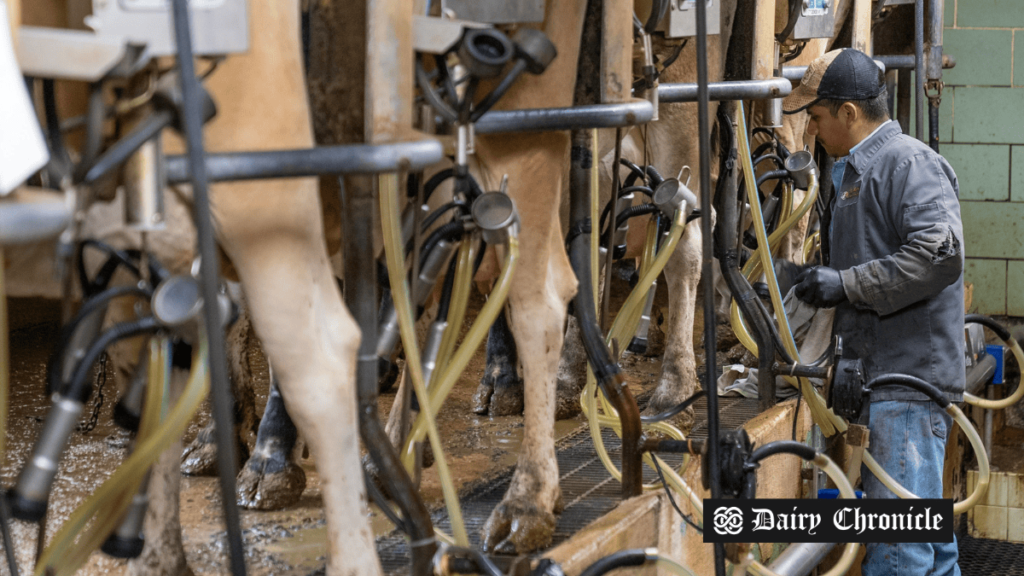The U.S. FDA warns against the use of unapproved aspirin in lactating dairy cattle amid reports of its use to treat H5N1 infections. Veterinarians and farmers are urged to follow approved treatment guidelines to ensure milk and meat safety.
The U.S. Food and Drug Administration (FDA) has warned veterinarians and dairy farmers against the use of unapproved aspirin to manage pain and fever in lactating dairy cattle. This directive comes amid reports of aspirin use to treat cattle infected with highly pathogenic avian influenza (HPAI) type A H5N1, which has affected dairy herds across multiple states.
The FDA issued a “Dear Veterinarian” letter on October 11, emphasizing that no aspirin products are approved for cattle use and reminding farmers that extralabel use of unapproved drugs in food-producing animals is prohibited. The FDA highlighted that there are approved alternatives, such as flunixin meglumine, a nonsteroidal anti-inflammatory drug authorized for managing pyrexia and inflammation in cattle.
Flunixin is the only FDA-approved medication for treating pyrexia caused by bovine respiratory disease and endotoxemia in lactating dairy cattle. Another option, Vazalore—an aspirin product approved for human use—can only be prescribed under specific conditions according to the Animal Medicinal Drug Use Clarification Act (AMDUCA). This law allows extralabel use of approved human drugs, provided veterinarians establish a valid veterinarian-client-patient relationship, assign withdrawal periods, and ensure no residues remain in milk or meat.
Despite these guidelines, unapproved aspirin products are reportedly being used, as Vazalore’s 81 mg and 325 mg dosages are insufficient for large-scale livestock treatment. While the FDA previously treated aspirin use in cattle as a low regulatory concern, increased usage and public inquiries have led the agency to tighten its stance.
The American Association of Bovine Practitioners (AABP) met with the FDA’s Center for Veterinary Medicine to discuss this shift in policy. “The FDA now considers such use illegal due to the availability of approved alternatives for pyrexia management,” the AABP announced on October 12.
The outbreak of H5N1 has now been confirmed in 14 states, impacting 131 herds in California, 64 in Colorado, 33 in Idaho, 29 in Michigan, and 26 in Texas. Other affected states include Iowa, Minnesota, New Mexico, South Dakota, Kansas, Oklahoma, North Carolina, Ohio, and Wyoming.
The FDA advises veterinarians to use scientific judgement when managing cases where aspirin has already been administered, recommending extended withdrawal periods for milk and meat from treated animals to ensure safety and compliance.



